As modern software delivery becomes more complex, two roles have emerged at the heart of high-performing engineering teams: DevOps and Platform Engineering. While both aim to accelerate software development and deployment, they are not interchangeable. In this article, we will explore the meanings of each term, their philosophies, practical applications, and how they complement or differ from one another.
What is Platform Engineering?
Platform Engineering is the discipline of designing and building internal developer platforms (IDPs) that abstract infrastructure complexities and provide reusable self-service capabilities to software engineers. These platforms are typically tailored to a company’s needs and aim to enable development teams to ship software quickly, securely, and reliably.
Platform Engineering is not about creating tools from scratch but about integrating existing infrastructure, tools, and workflows into a cohesive and opinionated product for internal users. i.e., developers.
Key Characteristics:
- Builds Internal Developer Platforms (IDPs)
- Focuses on usability, consistency, and security
- Provides golden paths and guardrails
- Bridges the gap between infrastructure and developer experience
- Treats the platform as a product
What is DevOps?
DevOps is a cultural and operational philosophy that emphasizes collaboration between software development (Dev) and IT operations (Ops) teams. It aims to shorten the system development life cycle and deliver high-quality software continuously.
DevOps emerged as a response to siloed teams, where development and operations worked independently, causing friction, delays, and bugs in production. By integrating these disciplines, DevOps promotes continuous integration (CI), continuous delivery (CD), infrastructure as code (IaC), and automation. You can learn more about DevOps here.
Key Characteristics:
- Emphasizes cultural change and team collaboration
- Focuses on automation and CI/CD pipelines
- Encourages infrastructure as code and configuration management
- Seeks to break silos between development and operations
- Prioritizes observability, monitoring, and feedback loops
Ideology: Platform Engineering vs DevOps
| Aspect | DevOps | Platform Engineering |
|---|---|---|
| Mindset | Cultural philosophy | Product mindset |
| Goal | Enable continuous delivery through collaboration and automation | Improve developer experience through standardization and self-service |
| Focus | Breaking silos and increasing collaboration | Abstracting complexity and building reusable tooling |
| Ownership | Shared by Dev and Ops teams | Owned by a dedicated platform team |
| Time Horizon | Operational focus on delivery | Strategic focus on long-term scalability and maintainability |
DevOps is more of a practice and movement that any team can adopt. Platform Engineering, on the other hand, is a structured approach to enabling DevOps at scale, especially in large organizations with many teams.
Real-World Value of Platform Engineering
- Spotify has an internal platform team that provides reusable components for CI/CD, observability, and infrastructure provisioning, significantly reducing time-to-market.
- Airbnb built a developer platform that automates service creation, security, and monitoring, empowering developers to focus on business logic.
- Benefits:
- Reduces cognitive load for developers
- Enforces organizational best practices
- Increases developer productivity and consistency
Real-World Value of DevOps
- Netflix implemented robust DevOps practices like continuous delivery and chaos engineering, enabling safe deployments multiple times a day.
- Facebook uses DevOps principles to streamline releases, monitor production, and roll back automatically when issues arise.
- Benefits:
- Accelerated release cycles
- Reduced mean time to recovery (MTTR)
- Enhanced system reliability and uptime
Interpolation between Platform Engineering and DevOps
DevOps is all about what software teams should aim for. It encourages faster delivery of features, better teamwork between developers and operations teams, and more use of automation to reduce manual work. But DevOps is mostly a way of thinking; it gives the goals and values, but it doesn’t always provide detailed instructions on how to reach those goals. That’s where Platform Engineering becomes very important.
Platform Engineering takes the ideas of DevOps and turns them into real tools, platforms, and systems that teams can use. It creates a smooth path for developers to build, test, deploy, and monitor their applications without needing to understand all the complex infrastructure behind the scenes. For example, DevOps encourages teams to adopt CI/CD (Continuous Integration and Continuous Delivery), which means that code changes can be tested and deployed automatically. Platform Engineering takes this concept and builds a CI/CD pipeline that is ready to use; developers just plug their code into it, and it works.
DevOps also says that teams should be able to monitor their systems to catch issues early. Platform Engineering makes this easy by setting up monitoring tools like Prometheus and Grafana with default dashboards, alerts, and data sources already configured. Developers don’t have to start from scratch or figure it all out themselves — the platform team provides everything they need in one place.
Think of it this way: DevOps is like saying, “Let’s get to the top of the mountain quickly and safely.” Platform Engineering is the team that builds the strong, clear trail that helps everyone climb that mountain without getting lost. It turns big ideas into real, usable solutions. This not only saves time but also improves security, reliability, and the overall experience for developers.
Some key points to note:
- DevOps is the philosophy that encourages self-service.
- Platform Engineering delivers the self-service platform.
- DevOps promotes CI/CD; Platform Engineering packages CI/CD pipelines into reusable templates.
- DevOps encourages monitoring; Platform Engineering integrates Prometheus/Grafana into a pre-configured observability stack.
This flow shows that DevOps defines the principles, while Platform Engineering implements those principles at scale.
Differences between Platform Engineering and DevOps
| Attribute | DevOps | Platform Engineering |
|---|---|---|
| Primary Concern | Culture and processes | Product and tooling |
| Team Composition | Cross-functional teams | Specialized platform teams |
| Scope | Organization-wide practice | Engineering support platform |
| Tooling | CI/CD, IaC, Observability, etc. | Combines and packages DevOps tools |
| Scalability | May become fragmented as teams grow | Designed to scale DevOps practices across teams |
| User | Developers, Ops, QA | Developers (as internal customers) |
Platform Engineering can be seen as an evolution of DevOps—productizing DevOps best practices to scale them reliably across an engineering organization.
Conclusion
In the evolving landscape of software delivery, DevOps and Platform Engineering are not adversaries; they are allies. DevOps provides the principles: collaboration, automation, and continuous improvement. Platform Engineering delivers the structured means to apply those principles at scale through well-designed platforms.
Organizations embracing DevOps often realize the need for dedicated platform teams to reduce duplication, improve developer velocity, and provide a consistent experience. As a result, Platform Engineering emerges as a natural complement to DevOps, translating philosophy into repeatable, scalable, and developer-friendly systems.
- DevOps is the “why“—the culture and goals.
- Platform Engineering is the “how“—the tools and infrastructure to achieve those goals efficiently.
Together, they drive the future of high-performance engineering.


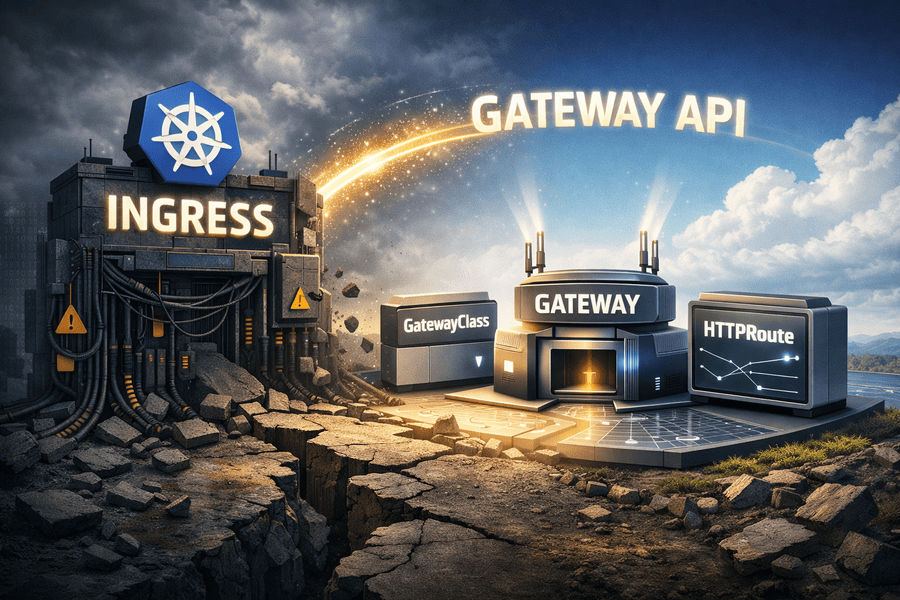
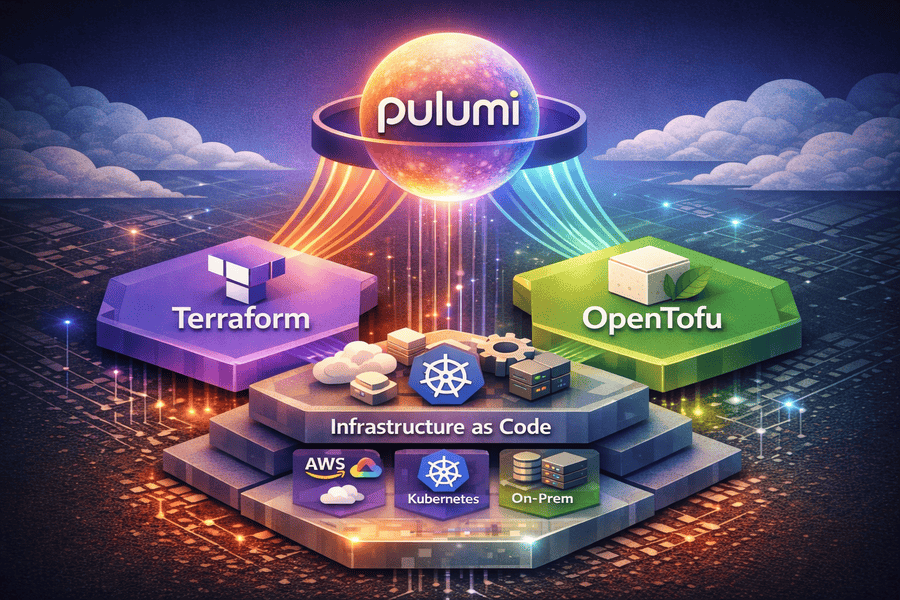
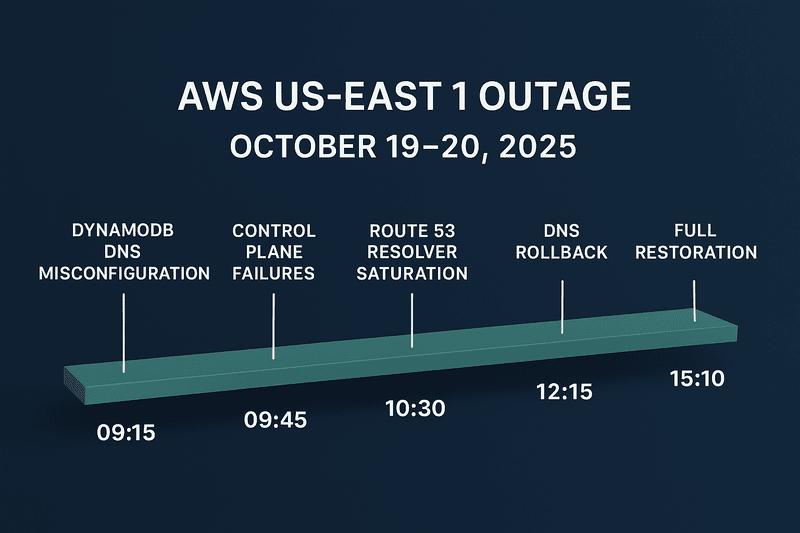
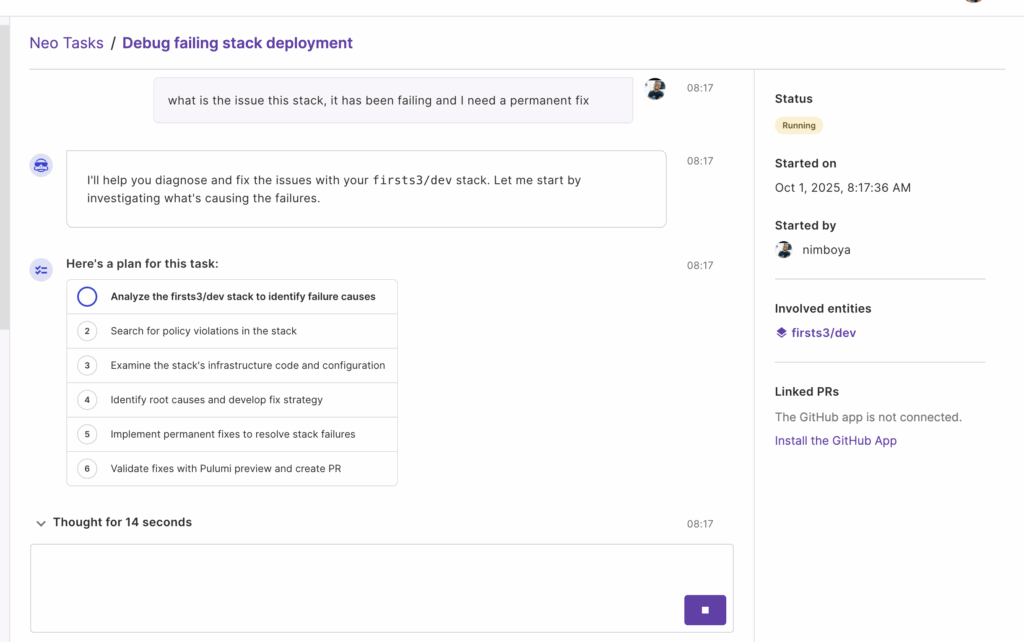
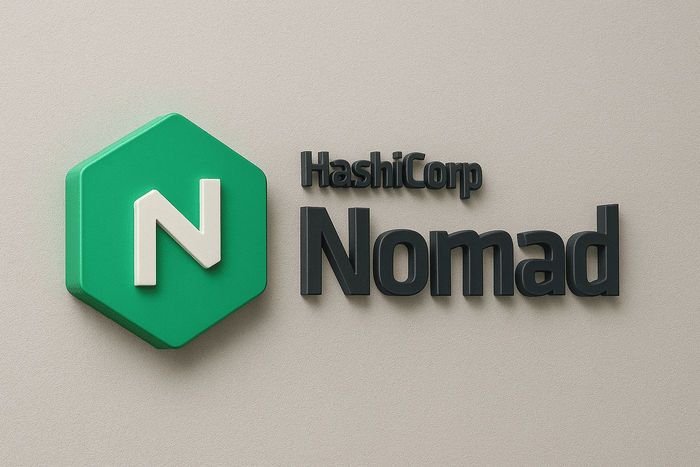
Thank you for this article! It was very clear, concise and easy to understand.
Would you say the next step for DevOps engineers to remain relevant and add value is to become platform engineers? If so how does one learn to become a Platform engineer?
I think they all have thier place in different flavors. DevOps might not necessarily morph in to Platform. But Platform will continue to use DevOps Principles to evolve over time and even add a mix of AI, Data and other fields not just DevOps